Security News
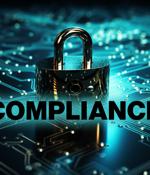
End-user spending on security and risk management will total $215 billion in 2024, according to Gartner. In this Help Net Security video, Nicholas Kathmann, CISO at LogicGate, discusses why companies are turning to a holistic GRC strategy.

Even with the best-of-the-best tools and tech stack monitoring vulnerabilities, every security executive and GRC leader should still have some layer of paranoia. In this Help Net Security video, Shrav Mehta, CEO at Secureframe, talks about security best practices for GRC teams, highlights areas that security learners should pay close attention to, and discusses how security leaders can automate specific processes.

Legal and compliance department investment in GRC tools will increase 50% by 2026, according to Gartner. "While most organizations already have existing compliance programs, legal and compliance leaders need to ensure they are empowered to capture and elevate the right information to management and the board, take the appropriate action, and maintain documentation related to these processes," Kornutick said.
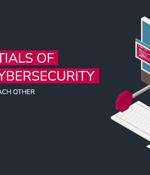
Understanding the connection between GRC and cybersecurity. While cybersecurity focuses on the technical side of protecting systems, networks, devices, and data, GRC is the tool that will help the entire organization understand and communicate how to do it.
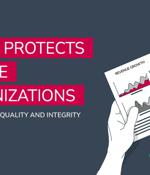
From a GRC standpoint, companies can achieve data quality by creating rules and policies so the entire organization can use that data in the same ways. How GRC empowers organizations achieve high-quality data.
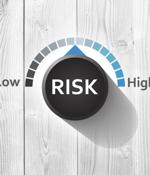
Consider how the pandemic - a health and safety risk - created a downstream impact that opened the door for related risks: IT risks associated with remote work, corruption related to supply chain issues, and workforce management issues. The conversation around ESG - environmental, social and governance - in risk management has grown in recent years and shows no signs of slowing down.

To select a suitable GRC solution for your business, you need to think about a variety of factors. When organizations try to select an enterprise or standalone GRC solution or a number of solutions to use in concert, a few key elements are worth deep discussion: how the solution(s) fits into overall IT strategy, what the desired use of the solution(s) is and how the solution(s) can help digitally transform the organization's cyber GRC efforts.
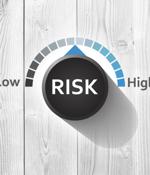
With a myriad of risks and limited security budgets, how do organizations decide which projects to prioritize? Many governance, risk management and compliance professionals believe risk quantification is the answer. Risk quantification also enables risk professionals to communicate risk to leaders and other stakeholders in a shared language everyone understands: dollars and cents.

A forecast from IDC shows global GRC revenues growing from $11.3 billion in 2020 to nearly $15.2 billion in 2025. All categories of GRC solutions are expected to increase in revenues.

An effective GRC program must be more than focused on security, it also needs to meet privacy, business, and IT requirements. Every GRC program should be tailored to the needs and frameworks of the organization, whether they seek most to comply with industry and privacy regulations or to reduce corporate risk to protect customer data or infrastructure.